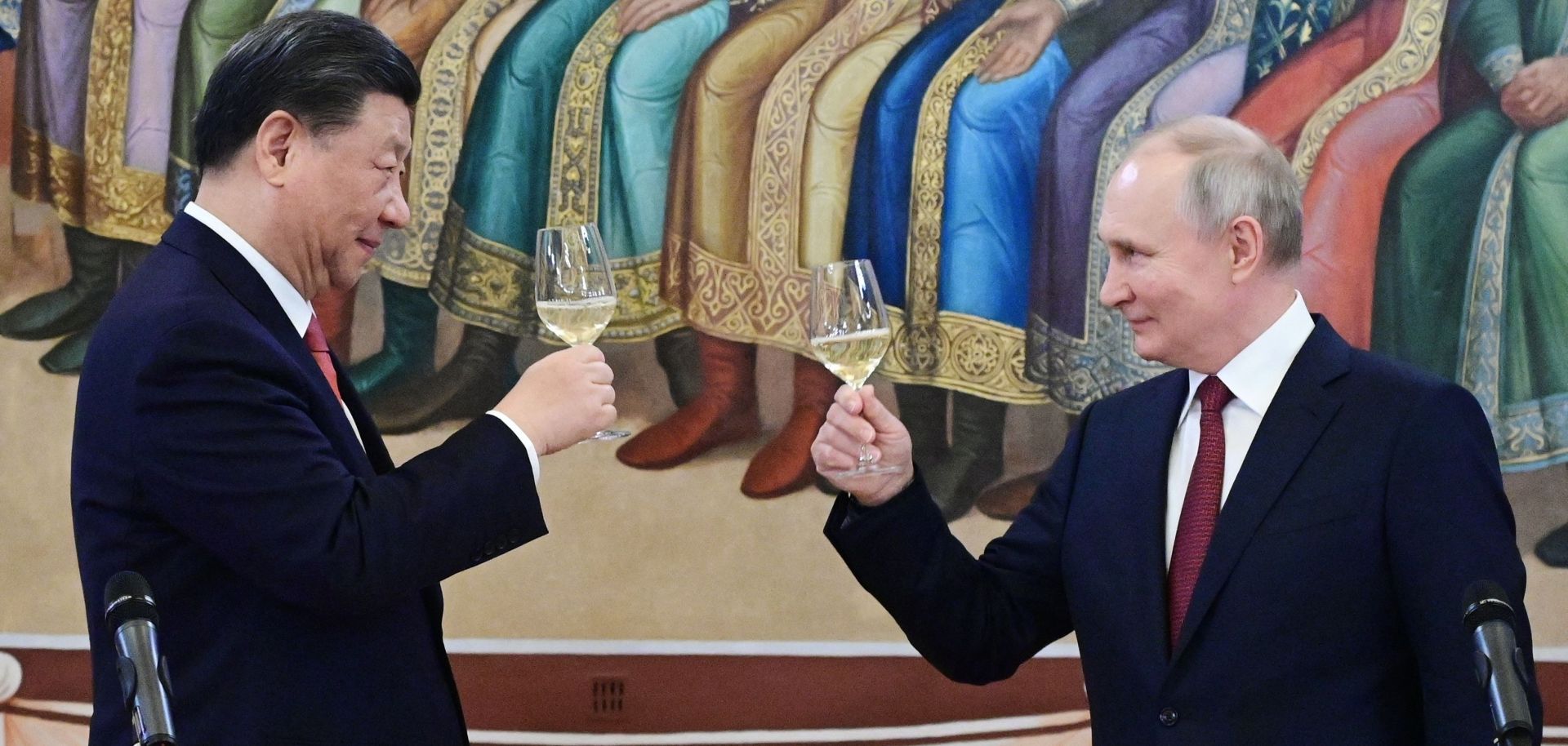China will remain committed to its partnership with Russia after the paramilitary Wagner Group's uprising, and the incident will also lead Beijing to strengthen its efforts to prevent similar developments in China. After the private security company Wagner Group rebelled against the Russian military on June 23-24, a number of Russian partners, including Iran and Turkey, voiced their full support for President Vladimir Putin's regime. The statements released by China's Foreign Ministry and the official newspaper of the Chinese Communist Party's Central Committee seemed subdued by comparison, prompting international media to question the health of the Sino-Russian partnership. However, a lengthy border, reliance on mutual political stability, authoritarian governance models, anti-Western ideologies, Chinese President Xi Jinping's close personal relationship with Putin, and mutually beneficial energy deals will ensure that Beijing remains committed to Putin's continued leadership. Instead, China's mild response (in comparison to Russia's other partners) confirms Beijing's deep-seated fear...

